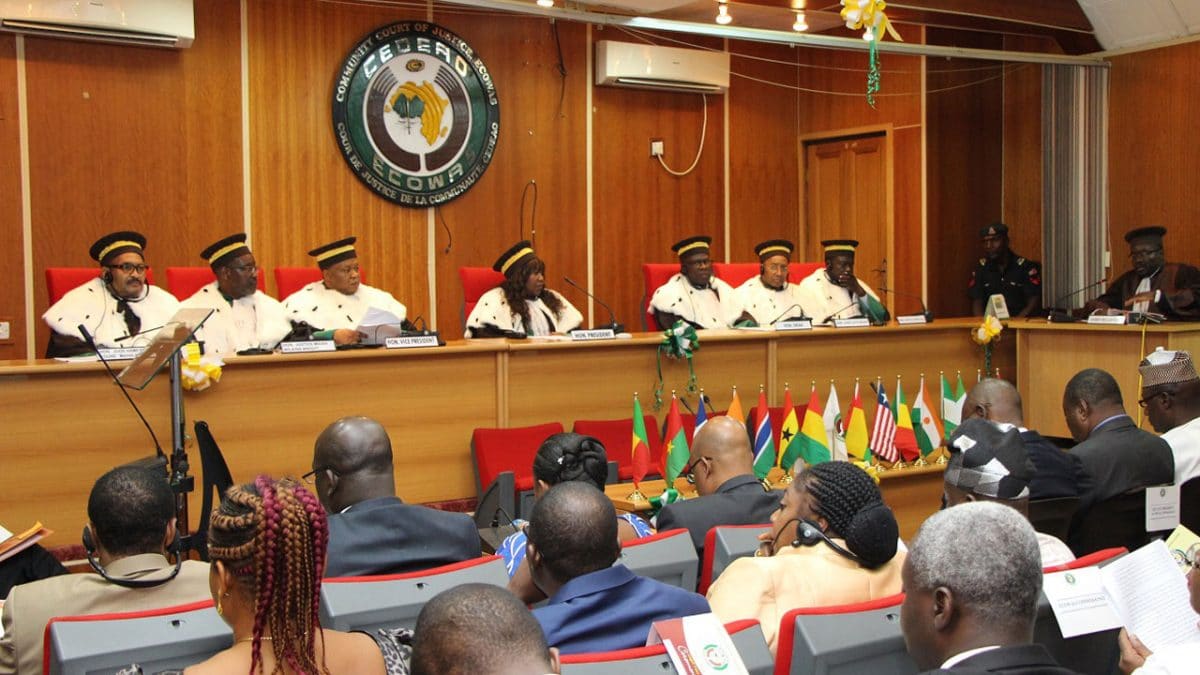The ECOWAS Court of Justice on December 3, 2024, delivered judgment in the case of Oluwatimilehin Adebayo vs Federal Republic of Nigeria (ECW/CCJ/APP/47/23), ordering the federal government to pay N5 million as compensation to the applicant for the violation of his right to freedom from torture.
According to a statement from the Communications Division of the ECOWAS Court, the case arose from the brutal treatment of Adebayo by police officers in Ogun State, who subjected him to severe physical abuse, including beating him with the handle of an axe and tying his limbs with chains to a pole. This ordeal caused him physical injuries, including trauma to his scrotum, and left him suffering from significant psychological distress.
The respondent challenged the jurisdiction of the court, arguing that the case was filed outside the three-year limitation period stipulated under the court’s rules, rendering it statute-barred. It also argued that the court lacks the jurisdiction to hear the matter, stressing that it would involve reviewing a case that is either pending (sub judice) or already decided by a municipal court within the respondent state.
In the Judgment delivered by Justice Dupe Atoki, the judge rapporteur, the court ruled that these acts constituted torture, violating Article 5 of the African Charter on Human and Peoples’ Rights, to which Nigeria is a party. The court noted that the torture was intentional and aimed at coercing Adebayo into signing a pre-written statement. Consequently, it ordered Nigeria to pay N5 million in compensation to the applicant for the violation of his right to freedom from torture.
It also ordered Nigeria to conduct a prompt, impartial, and effective investigation into the torture and prosecute those responsible.
However, the court dismissed the claim that the applicant’s right to a remedy had been violated, noting that there was no evidence that the applicant had formally reported the abuse to the relevant authorities.
Earlier, the court dismissed Nigeria’s preliminary objections, affirming its jurisdiction to hear human rights cases, and ruled that the matter was admissible. It clarified that the statute of limitations under Article 9(3)(b) of the Court’s Protocol does not apply to human rights violations.
The three-member panel of the court were Justice Sengu Mohamed Koroma (presiding), Justice Dupe Atoki, (judge rapporteur), and Justice Gberi-Bè Ouattara (panel member).
